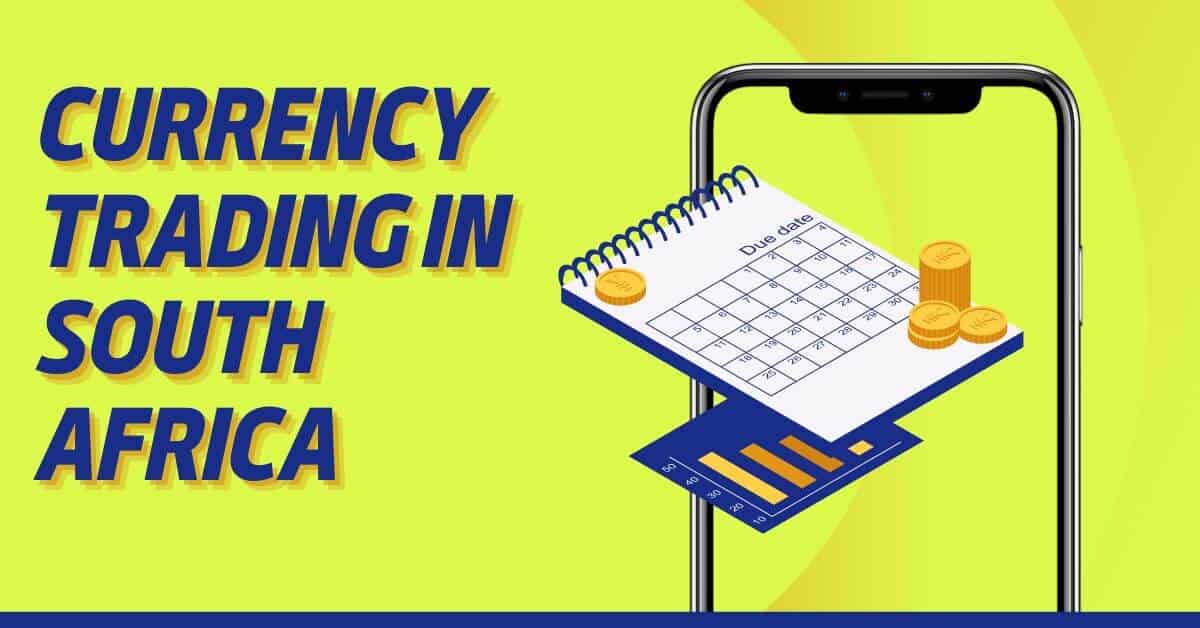Currency trading can be used as a way to make money. The value of certain currencies can be affected by changes in the economy. So, it is important for traders to keep up-to-date with the market and make sure they are not left out when currency prices change or if there is an event that could affect stock values.
What is the Difference between a Currency Trading Platform and an Exchange?
A currency trading platform allows users to buy and sell currencies in real-time, while an exchange allows for the buying and selling of assets, such as stocks or commodities which leads to Benefits of Trading . Currency trading platforms typically have more advanced features than exchanges, allowing for more sophisticated trading strategies.
One major difference between a currency trading platform and an exchange is that on a currency trading platform, users are generally not allowed to trade with fiat currencies like USD or EUR. Exchange users, on the other hand, can trade various fiat currencies as well as digital assets.
Another important difference between a currency trading platform and an exchange is that on a currency trading platform, users are generally not allowed to margin trade. Margin trading is when traders borrow money from their broker in order to increase their investment exposure. On an exchange, however, margin trading is generally allowed.
Currency trading platforms also tend to have lower fees than exchanges. For example, Kraken charges 0.25% fee per trade, while Coinbase charges 0.1% fee per trade.
Best Ways to Pay for Currency Trading
The most convenient way for currency trading in South Africa is by any online trading app. You can get track of your all the transactions easily by this way.
Other, you can use the services of a broker. Brokers will usually charge a commission on each transaction, which sometimes is expensive.
You can also use online brokers, although this method is less popular because it can be more difficult to track your transactions and trade with the best possible conditions.
You can also trade with other traders online, but this can be more risky because there is no guarantee that you will be able to find an honest trader.
Furthermore, you can also buy and sell currencies directly from individuals or banks. This is the least common way to trade currencies, but it is also the safest option because you are guaranteed to get the best deal.
Pros and Cons of Currency Trading
As someone who has been involved in currency trading for a few years now, there are a few things I have learned that might help you make an informed decision on whether to trade currencies.
On the positive side, currency trading can be very profitable if you know what you’re doing. The downside is that it is also very risky and can easily lead to financial ruin if you don’t have the right strategies in place.
If you’re thinking about starting out in currency trading, my advice would be to start small. You can gradually increase your stake as you get more confident in your trading abilities.
Here are some other things to keep in mind when trading currencies:
-Always do your own research before making any investments – mistakes can cost you a lot of money.
-Make sure to keep track of the latest news and market conditions – this will help you form better investment decisions.
-Never invest more than you are prepared to lose – this goes for both your capital and your ego!
Things to Consider When Choosing a Currency Trading Platform
When choosing a currency trading platform, there are a few things to consider:
First, what type of trader are you? Are you looking for a platform that is tailored towards day trading or swing trading?
Second, what kind of features do you need? Do you need access to real-time market data, order book depth charts, and trade alerts?
Third, how much money do you want to invest? Are you comfortable using an online broker or going with a more established platform like FXCM or CMC Markets?
Fourth, how much money do you want to risk? Are you comfortable with the risk of losing all your money? Or are you willing to take on a bit more risk in order to gain an edge over the competition?
Related article, How to support a small business for free.
